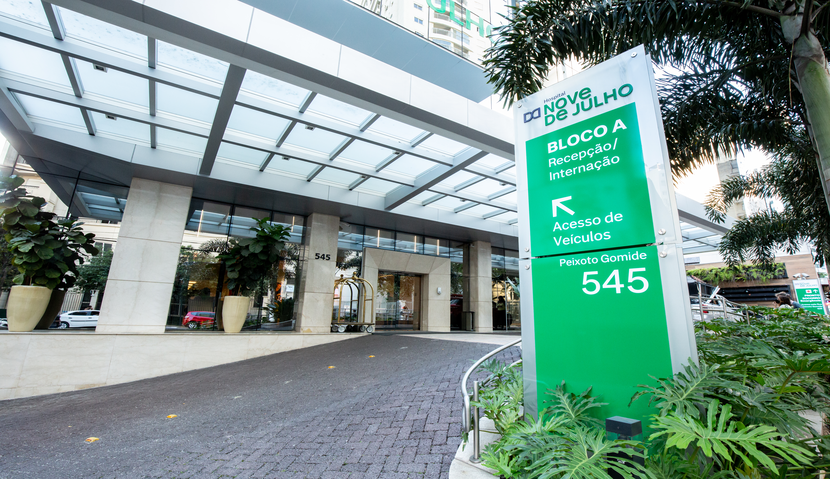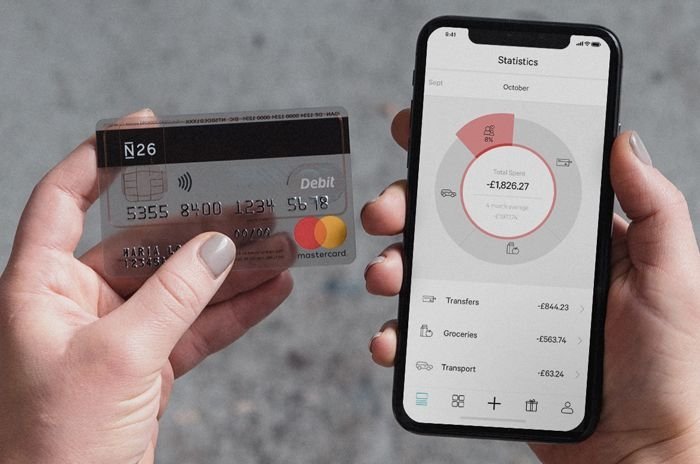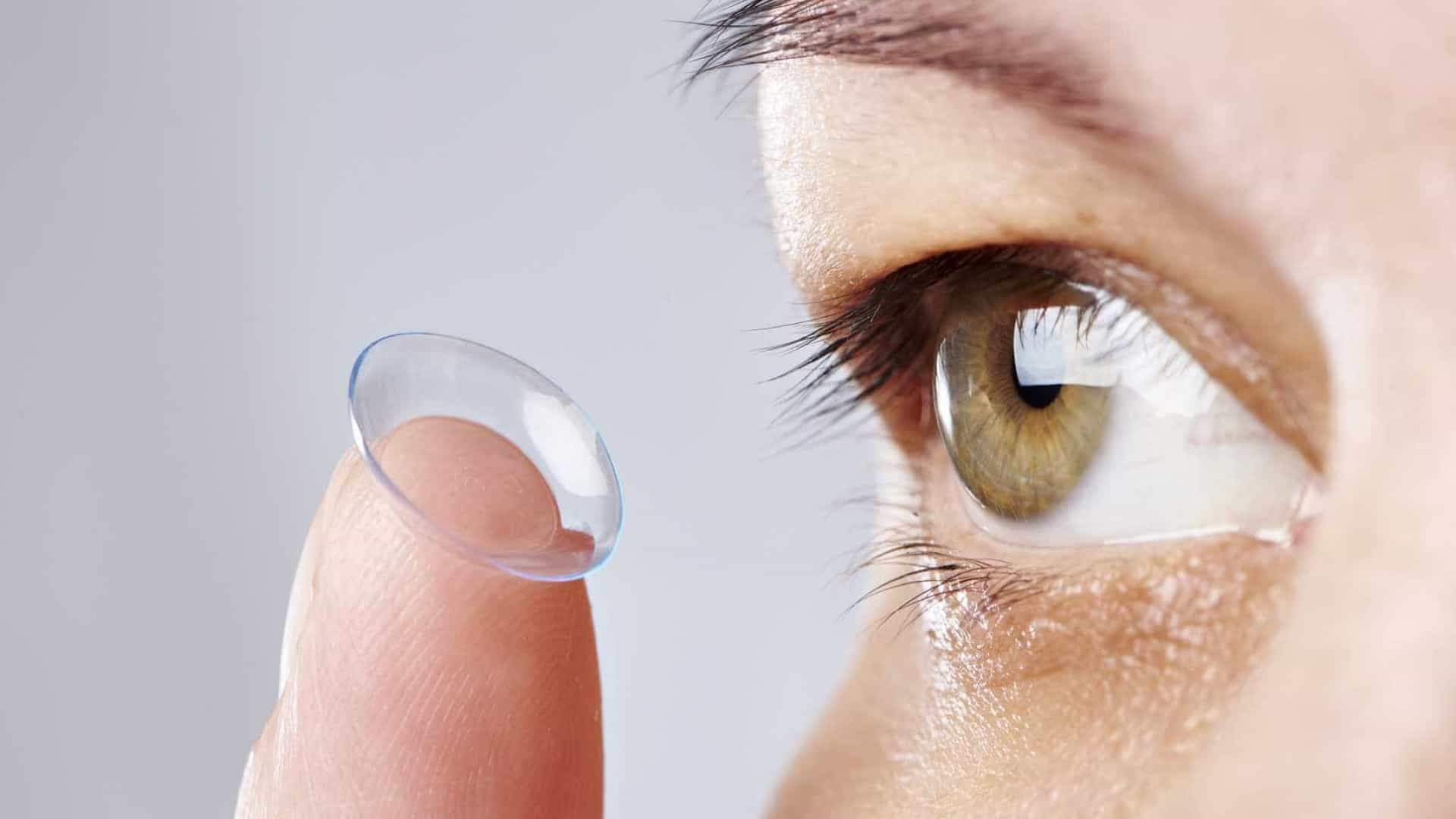Using stem cells collected from the abdominal region, the technique rebuilds tissue in 30 minutes that contributes to the treatment and healing of serious skin lesions and other complex wounds.
São Paulo, July 2022 – Hospital Nove de Julho (SP), belonging to Dasa, the largest integrated health network in Brazil, performed this month two innovative surgical procedures in the country for tissue regeneration in patients with serious injuries. The technique uses a 4D bioprinter that, in 30 minutes, synthesizes the tissue used to replace the injured region from the patient’s own stem cells.
The equipment and treatment kit used are approved by ANVISA and, worldwide, by bodies such as the FDA (USA) and the European Medicines Agency (EMA). The surgical technique can be used for the treatment of skin lesions and more complex wounds, such as diabetic foot ulcers, burns and skin cancer. As it is performed with autologous genetic material, that is, from the patient himself, the risk of graft rejection is lower than that of other types of material.
“The potential of this innovation is enormous. Rehabilitation and the quality of regeneration are very beneficial for patients, who regain their quality of life. Furthermore, the technique is yet another solution that physicians win to achieve a better clinical outcome,” says Dr. Bruno Pinto, general director of Hospital Nove de Julho.
The first patients who underwent the procedure in São Paulo, at Hospital Nove de Julho, had as a clinical profile serious injuries resulting from diabetic foot (potential complication in those who have the disease) and from traffic accidents with complex wounds on the skin.
How tissue bioprinting is done
After cleaning the injured tissue, software makes an image of the affected region and sends it to the bioprinter. Then, stem cells from the patient are microfiltered from samples of adipose tissue from the abdominal region – removed by liposuction – and mixed with natural fibrin glue. The machine, installed inside the operating room, begins synthesizing the tissue, forming a base that will receive the patient’s stem cells. The new tissue, built in overlapping layers, is ready in about 30 minutes for grafting. The healing period lasts about 30 days.
“Although the process seems simple, this technology encompasses many state-of-the-art advances in medicine and science. It unites high-quality biotechnology with cutting-edge computational and artificial intelligence capabilities,” comments Dr. Heron Werner, coordinator of the Biodesign Lab, a partnership between Dasa and PUC-Rio that develops research on bioprinting, artificial intelligence and the metaverse in health, for example. Among the projects he coordinates is the creation of virtual and physical 3D models to simulate medical procedures and aid in diagnosis.
The new technology drastically reduces the treatment time. Conventionally treated wounds undergo approximately six months of therapy and the results may not be so favorable. As a result, the patient goes through long periods without an effective result, with prolonged and expensive hospitalizations. All of this impacts society as a whole.
“This is cutting-edge, innovative technology that will help thousands of people. At this first moment, we are going to avoid many amputations, especially in patients with diabetic feet and with difficult-to-treat wounds”, explains Dr. Maurício Pozza, partner-owner of 1000Medic, the company responsible for bringing technology to Brazil.
More about the 9th of July
Founded in 1955, in São Paulo, Hospital Nove de Julho is a reference in high complexity medicine, with emphasis on the areas of Neurology, Cardiology, Oncology, Onco-hematology, Gastroenterology, Urology, Trauma and Orthopedics. With around 3,000 employees and 6,000 registered doctors, the hospital has 470 beds, of which 110 are in the Intensive Care Units. The surgical center has 22 rooms in total, including three rooms dedicated to robotic surgery and the Smart Room, which allows for sequential surgeries. In addition, it offers outpatient care at the Specialized Medicine Center with more than 50 specialties and 12 Reference Centers. Hospital Nove de Julho belongs to Dasa, the largest healthcare ecosystem in Brazil, which has more than 10 hospitals in the states of São Paulo, Rio de Janeiro and the Federal District.
About Dasa
Dasa is the largest integrated health network in Brazil. It is part of the lives of more than 23 million people a year, with high technology, intuitive experience and an attitude ahead of time. With more than 50,000 employees and 250,000 partner doctors, it exists to be the health that people want and that the world needs, being present at every stage of care.
He believes that to take care you always have to take care of yourself. Therefore, it looks at health management in a preventive, predictive and personalized way. It integrates diagnostic medicine, hospitals, genomics, oncology, care coordination, emergency care, telemedicine, clinical research and science. In all, it has 15 reference hospitals (considering its own network, inorganic growth and deals that are still under regulatory approval), and more than 59 brands between diagnostic medicine and hospitals, distributed in more than 980 units in Brazil.
Dasa guarantees agile, uncomplicated and frictionless navigation in the healthcare journey, both for patients and doctors, through its digital health management platform, Nav. In addition, it offers integrated and innovative corporate health solutions through Dasa Empresas.
We are Dasa and we are for life. For more information, visit: www.dasa.com.br
About 1000Medic
1000Medic is a company from Paraná that was born in November 2003, in the city of Pato Branco/PR, with branches in São Paulo and Florianópolis. With more than 18 years of history, it seeks to present cutting-edge technology solutions in equipment for diagnosis, drug infusion and monitoring, acting in the registration, import and distribution of pharmaceutical and medical products. It serves the most renowned names in the Brazilian market in: hospitals, specialized medical clinics, radiological and dental clinics, distributors, clinical analysis laboratories, pharmacies, health plans, State Departments, Federal Institutions, among others. It distributes international brands such as GE, AGFA, SINOMEDICAL, GENRUI, COMEN, BIOLIGHT, among others.
Brienne Giarola



